Ben & Jerry’s owner stopped brand developing flavour for peace in Gaza
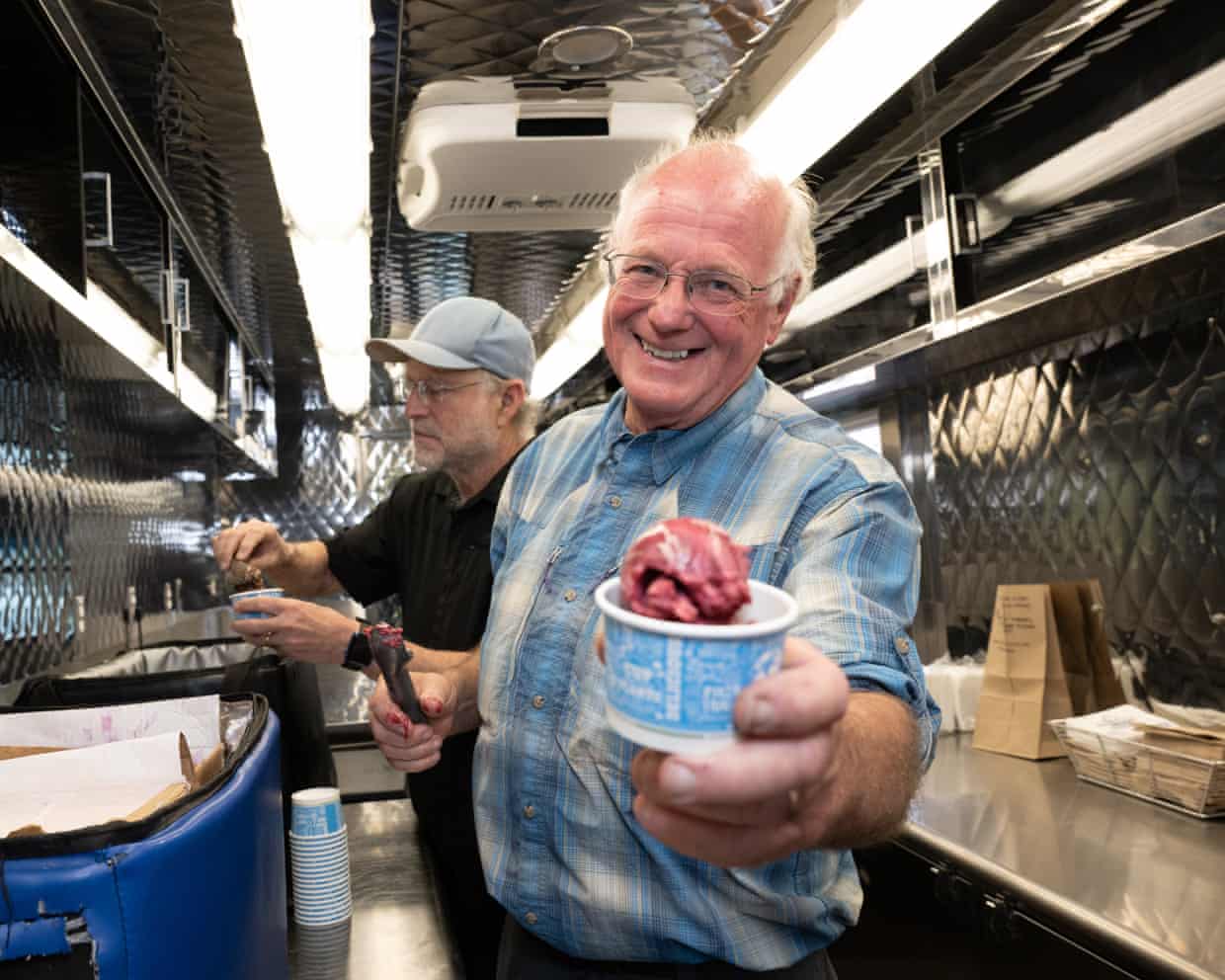
The co-founder of Ben & Jerry’s has accused its owner of being part of a movement of “corporate butt kissing” of Donald Trump and says management blocked the ice-cream brand from producing a flavour in support of peace in Gaza.Ben Cohen told the Guardian that Unilever was pursuing a “corporate attack on free speech” by blocking the development of a special flavour in solidarity with the Palestinian people.It is understood the flavour had been approved by Ben & Jerry’s independent board and first mooted about a year ago.Magnum, the group’s ice-cream arm, confirmed it had not gone ahead with the board’s suggestion for a Palestine product this summer.Cohen has mounted a “Free Ben & Jerry’s” campaign to persuade Unilever to sell the brand to a group of socially minded investors who he says have pledged to allow it to continue its “social mission.
”With an increasingly authoritarian Trump in the White House, Cohen says now is the time that “companies and anyone who believes in justice, freedom and peace stands up.This is the moment when it is most needed for Ben & Jerry’s to be able to raise its voice.“It seems like since Trump got elected anything that Trump is against, DEI, black history, protesters’ rights to free speech, all those things got censored.”Previous Ben & Jerry’s flavours with an activist bent have included “Save Our Swirled” to highlight the need for action at the 2015 Paris climate meetings, “I Dough, I Dough” to celebrate the legalisation of same-sex marriage at a US federal level, and “Home Sweet Honeycomb” in support of resettling refugees in Europe.Cohen’s criticisms, which he has backed up with a video posted on Instagram, are the latest blow in the acrimonious spat between the brand’s founders and owners.
Unilever is planning to spin off the Magnum Ice Cream Company into a separate business, which it hopes to list in Amsterdam with secondary listings in London and New York,Those plans were this week delayed because of the US government shutdown, although they could proceed by the end of the year,Unilever said remained confident of implementing its demerger plans this year,Unilever and Magnum said Ben & Jerry’s was “not for sale”,Magnum said: “The independent members of Ben & Jerry’s board are not, and have never been, responsible for the Ben & Jerry’s commercial strategy and execution.
”Referring to the proposed pro-Palestinian flavour, a spokesperson said: “Recommendations are considered by Ben & Jerry’s leadership, and management has determined it is not the right time to invest in developing this product.”The company said Ben & Jerry’s was focused on “campaigns close to its communities” such as improved conditions in refugee accommodation in the UK and campaigning in defence of the first amendment and freedom of speech in the US.Magnum added: “We remain committed to Ben & Jerry’s unique three-part mission – product, economic and social – and look forward to building on its success as an iconic, much-loved brand.”Unilever, the British owner of consumer brands ranging from Dove soap to Hellmann’s mayonnaise, bought Ben & Jerry’s in 2000 for $326m, but agreed an unusual deal for the ice-cream brand to preserve an independent board with the ability to speak out on social justice issues.Sign up to Business TodayGet set for the working day – we'll point you to all the business news and analysis you need every morningafter newsletter promotionThe founders argue that Unilever has reneged on that promise, particularly in relation to the humanitarian crisis in Gaza as the Israeli government destroyed much of the territory.
A spokesperson for Unilever said: “We have always sought to work constructively with the Ben & Jerry’s teams to make sure we stayed true to the original agreement around the progressive, non-partisan social mission.”Ben & Jerry’s was founded in 1978 by Cohen and Jerry Greenfield after the friends took a $5 correspondence course in ice-cream making.They opened their first store in a renovated petrol station in Burlington, Vermont, with a mission to “advance human rights and dignity”.Under Unilever, the pair have officially been paid employees with no formal role in the business beyond promoting its values as “brand ambassadors”.Cohen remains in that role, but Greenfield resigned from Ben & Jerry’s in September, saying it had lost its independence.
Cohen said Ben & Jerry’s was being blocked from “making ice-cream with purpose”, and pledged to create a Palestine solidarity flavour in his own kitchen.Members of the public are being asked to name and help create the flavour in a two-week competition.He suggested it would be based on watermelon, itself a symbol of solidarity with the Palestinian people.The ice-cream, which would be created as a small batch under his personal Ben’s Best brand, will not be for sale, but is intended to draw attention to the cause of “rebuilding, and peace and dignity for the people of the region”.He has previously used the Ben’s Best brand, first created in 2016 to back leftwing Vermont senator Bernie Sanders, to support a number of causes.
Ben & Jerry’s has clashed repeatedly with its parent company over Palestinian rights.It refused to sell ice-cream in territories occupied by Israel, took legal action against Unilever when it sold the brand’s Israeli division to a local operator.In May the brand called Israel’s actions in Gaza a genocide, a description used last month by a United Nations independent international commission of inquiry.
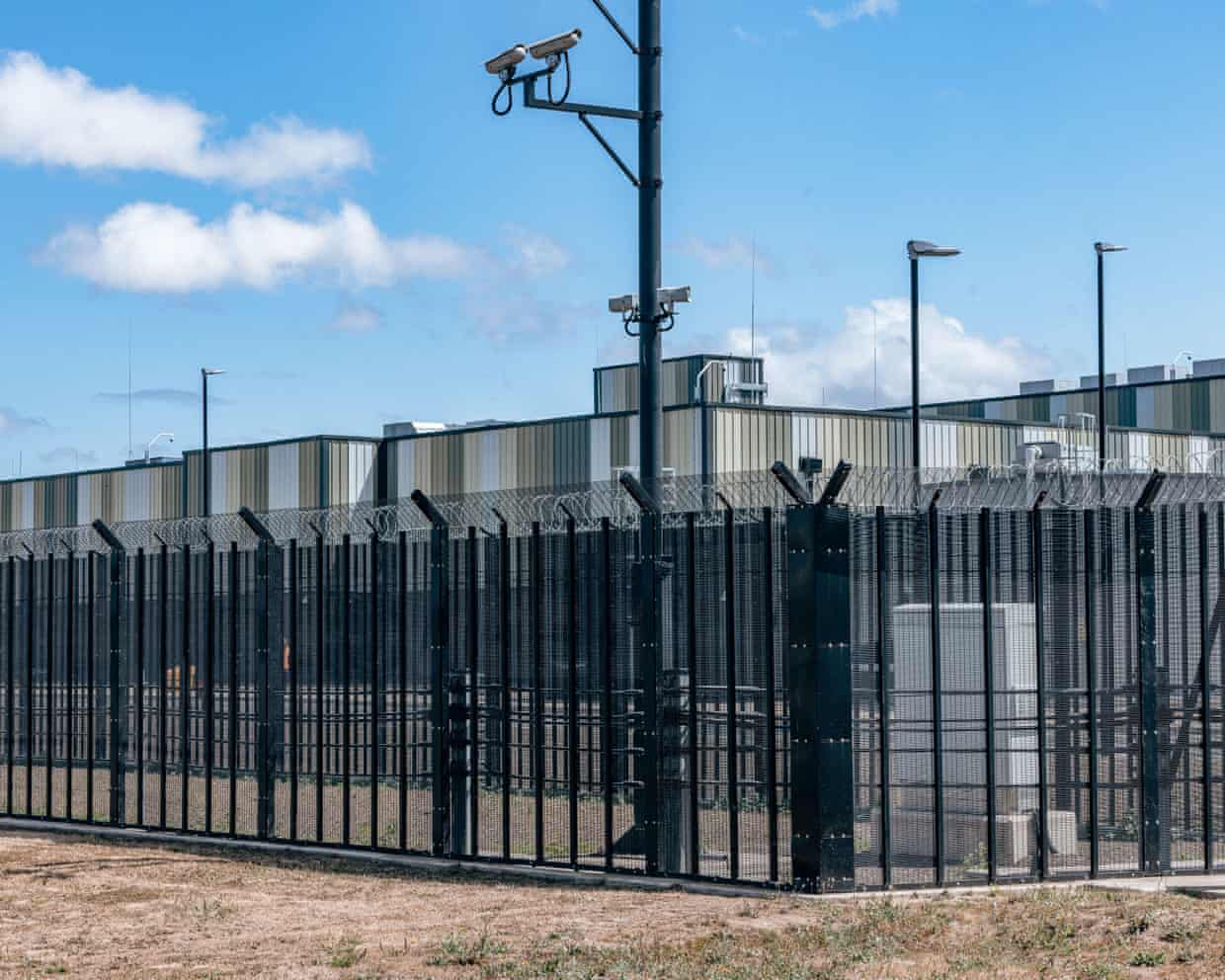
Alan Turing institute launches new mission to protect UK from cyber-attacks
Britain’s leading AI institute has announced a new mission to help protect the nation from cyber-attacks on infrastructure, including energy, transport and utilities, after it was embroiled in allegations of toxic work culture and the chief executive resigned amid ministerial pressure.The Alan Turing Institute will “carry out a programme of science and innovation designed to protect the UK from hostile threats”, it announced on Tuesday as part of changes following the resignation last month of Jean Innes, its chief executive, after a staff revolt and government calls for a strategic overhaul of the state-funded body.The mission comes amid growing concern over Britain’s vulnerability to internet outages and cyber-attacks after this month’s incident affecting Amazon’s cloud computing globally and recent cyber-attacks crippling production at Jaguar Land Rover factories, and supply chains at Marks & Spencer and the Co-op.Blythe Crawford, the former commander of the UK’s air and space warfare centre , will report back next month on how the government-funded institute “can best support the scale of government AI ambitions in defence, national security and intelligence”.The chair, former Amazon UK boss Doug Gurr, said 78 different research projects at the 440-staff institute have been closed, spun out or completed because they do not align with the new direction
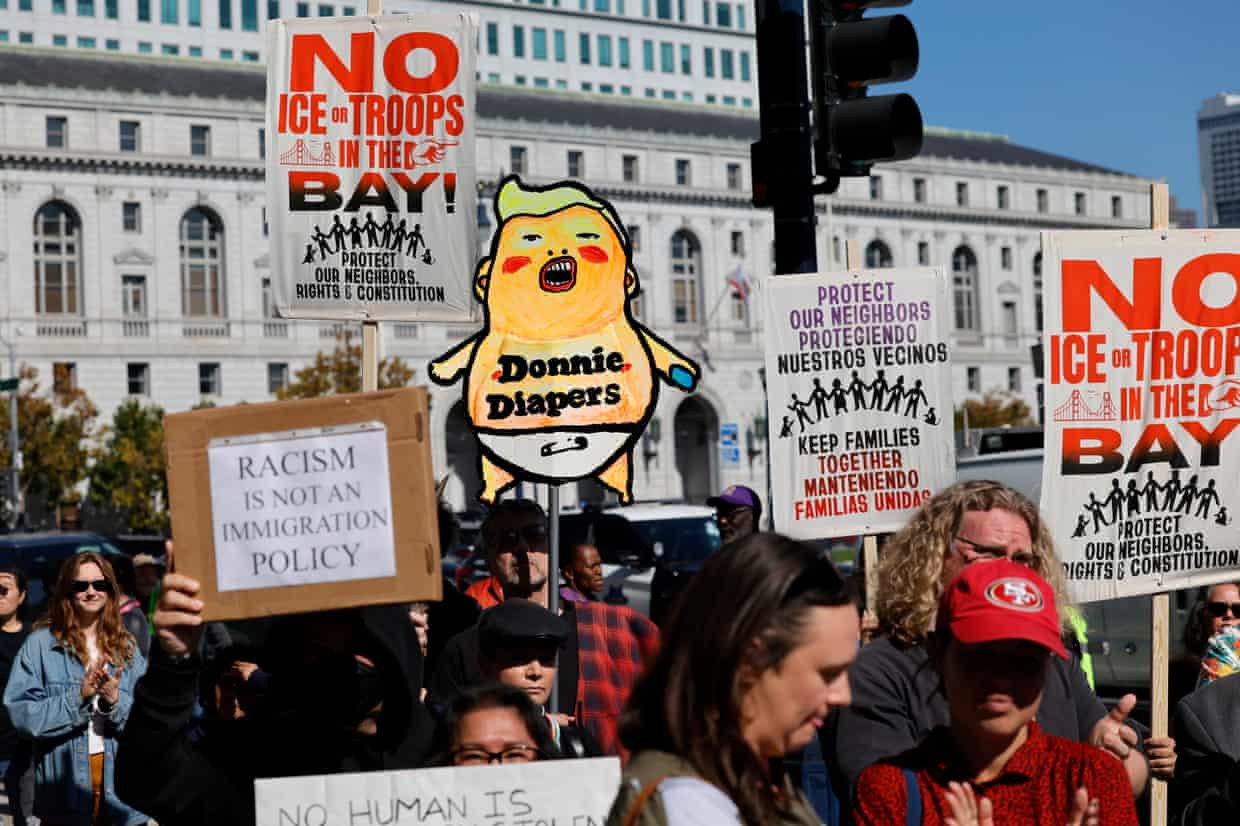
Tech chiefs tell Trump to call off troops – will Firefox go ‘full AI’?
Hello, and welcome to TechScape. I’m your host, Blake Montgomery, confounded by the ending of Bugonia and looking forward to seeing Guillermo del Toro’s Frankenstein.In this week’s newsletter: the head of Firefox talks AI-integrated browsers; the tech billionaires’ support of Trump and their successful request to defer national guard deployment to San Francisco; and the growing prevalence of face-scanning in online dating. Thank you for reading.Do you need an assistant for your online activities?Multiple major players in artificial intelligence are moving on from chatbots like ChatGPT and are now focusing their efforts on new browsers with deep AI integrations
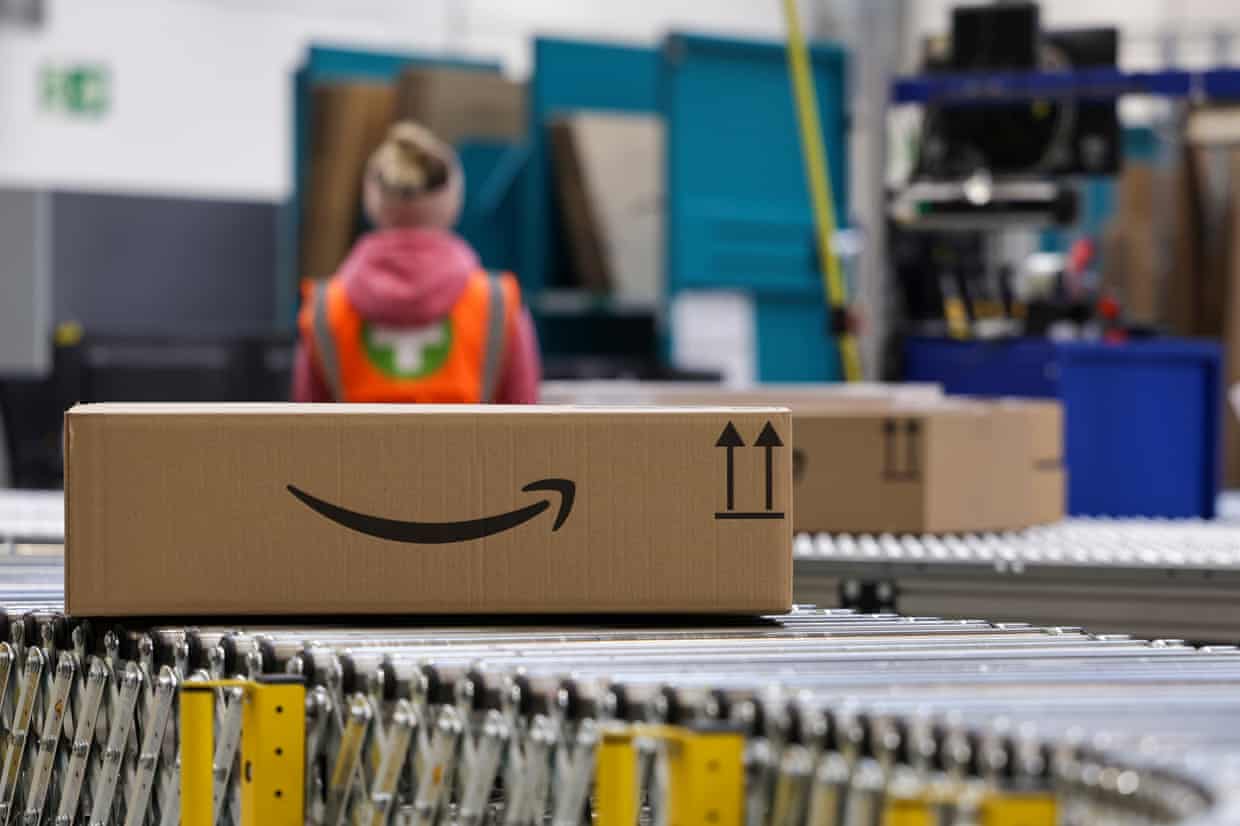
Amazon confirms plans to lay off 14,000 corporate workers as part of wave of cuts
Amazon has confirmed plans to lay off 14,000 corporate workers, as part of a wave of cuts expected to hit tens of thousands of jobs.The Seattle-based retail giant, which is vying to reverse a pandemic hiring spree, is attempting to cut costs and slim down its huge operation. This summer, its CEO warned white-collar employees their jobs could be taken by artificial intelligence.Beth Galetti, a senior vice-president at Amazon, wrote in a memo to employees on Tuesday: “The reductions we’re sharing today are a continuation of … work to get even stronger by further reducing bureaucracy, removing layers, and shifting resources to ensure we’re investing in our biggest bets and what matters most to our customers’ current and future needs.”On Monday, Reuters and the Wall Street Journal reported that Amazon was poised to cut as many as 30,000 corporate jobs, citing unnamed sources familiar with the matter, as it tries to undo the vast recruitment drive it embarked on at the height of the coronavirus pandemic, which unleashed an extraordinary – but fleeting – surge in demand for online shopping
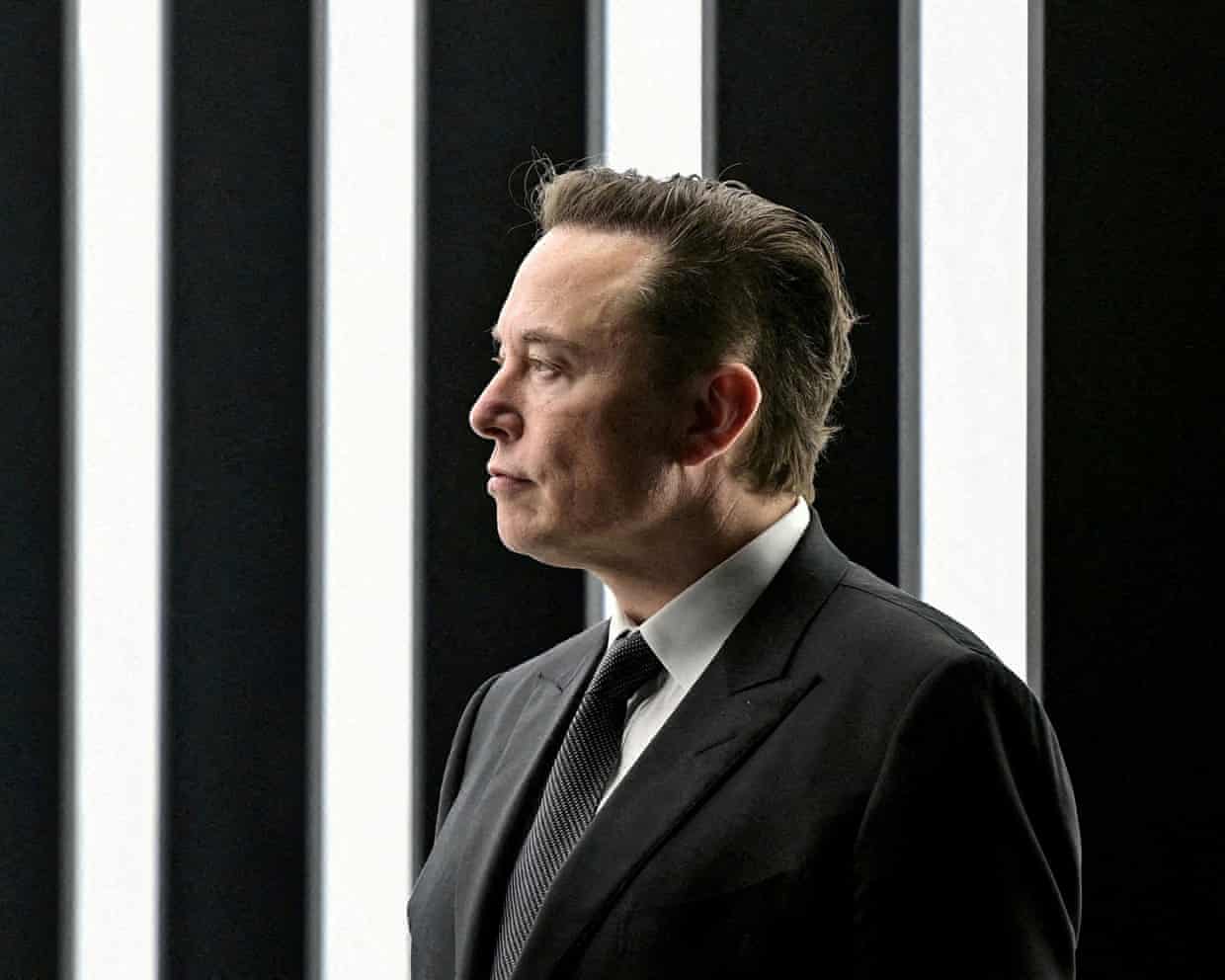
Elon Musk launches encyclopedia ‘fact-checked’ by AI and aligning with rightwing views
Elon Musk has launched an online encyclopedia named Grokipedia that he said relied on artificial intelligence and would align more with his rightwing views than Wikipedia, though many of its articles say they are based on Wikipedia itself.Calling an AI encyclopedia “super important for civilization”, Musk had been planning the Wikipedia rival for at least a month. Grokipedia does not have human authors, unlike Wikipedia, which is written and edited by volunteers in a transparent process. Grokipedia said it is “fact-checked” by Grok, Musk’s AI chatbot.Musk said the idea was suggested by the Trump administration’s AI and cryptocurrency czar, David Sacks

‘A good moment in time for us’: Firefox head on AI browsers and what’s next for the web
Do you need an assistant for your online activities?Multiple major players in artificial intelligence are moving on from chatbots like ChatGPT and are now focusing their efforts on new browsers with deep AI integrations. Those could take the form of an agent that shops for you or an omnipresent chatbot that follows you around and summarizes what you’re seeing, looks up related stuff, or answers related questions.Last week alone, OpenAI released the ChatGPT Atlas browser, and Microsoft showed off Edge’s new Copilot Mode, both of which heavily feature chatbots. At the start of October, Perplexity made its Comet browser free. In mid-September, Google rolled out Chrome With Gemini, integrating its AI assistant with the most popular browser in the world

More than a million people every week show suicidal intent when chatting with ChatGPT, OpenAI estimates
More than a million ChatGPT users each week send messages that include “explicit indicators of potential suicidal planning or intent”, according to a blogpost published by OpenAI on Monday. The finding, part of an update on how the chatbot handles sensitive conversations, is one of the most direct statements from the artificial intelligence giant on the scale of how AI can exacerbate mental health issues.In addition to its estimates on suicidal ideations and related interactions, OpenAI also said that about 0.07% of users active in a given week – about 560,000 of its touted 800m weekly users – show “possible signs of mental health emergencies related to psychosis or mania”. The post cautioned that these conversations were difficult to detect or measure, and that this was an initial analysis

UK must reform drug pricing to become life sciences superpower, says GSK boss
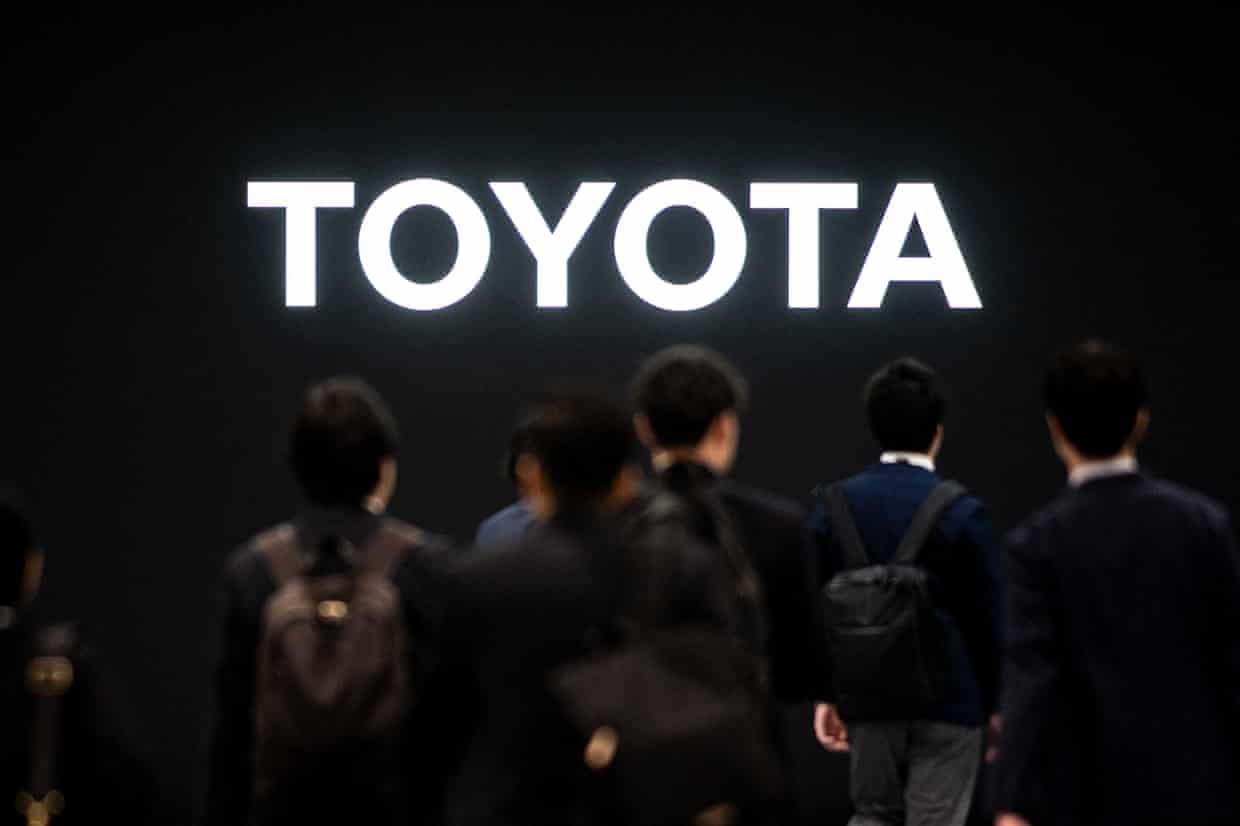
Toyota denies promising to invest $10bn in US after Trump announcement
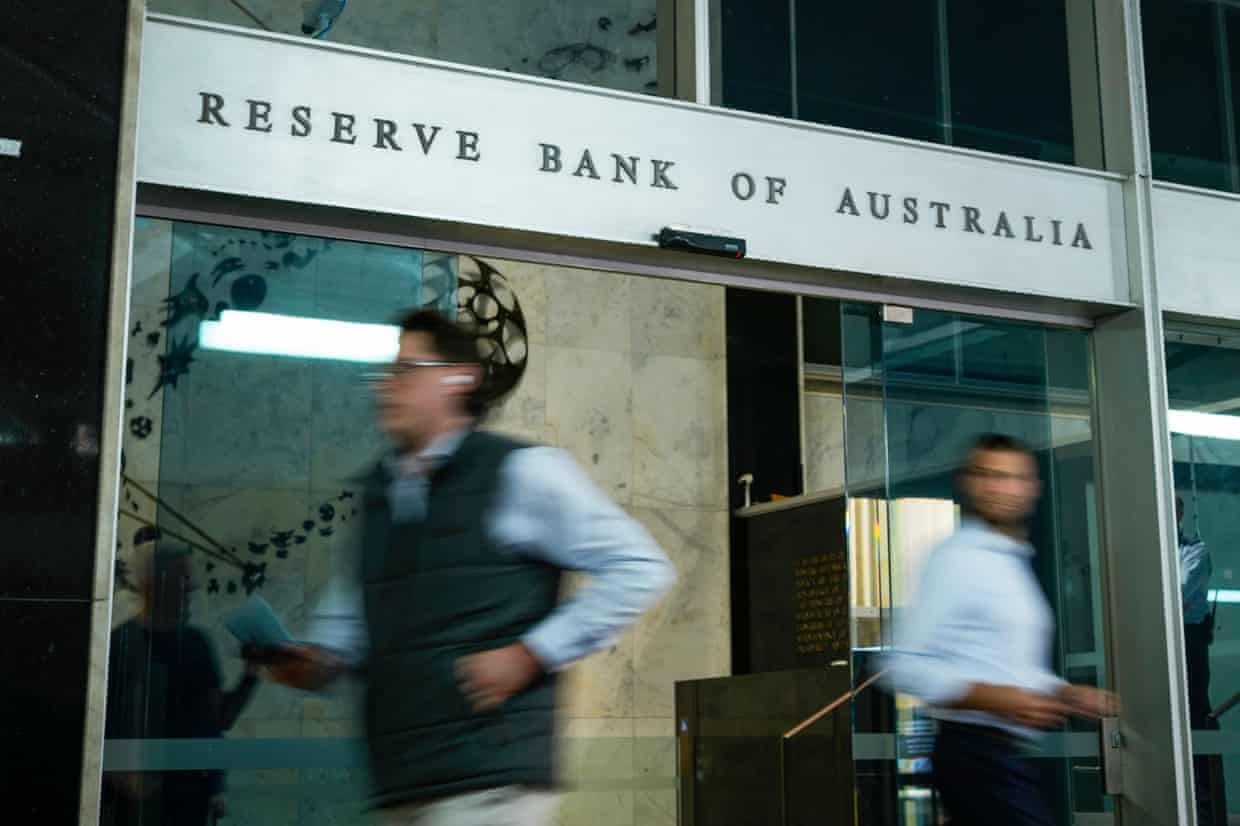
So it’s goodbye to lower interest rates – to be honest, the RBA was always looking for an excuse not to cut | Greg Jericho
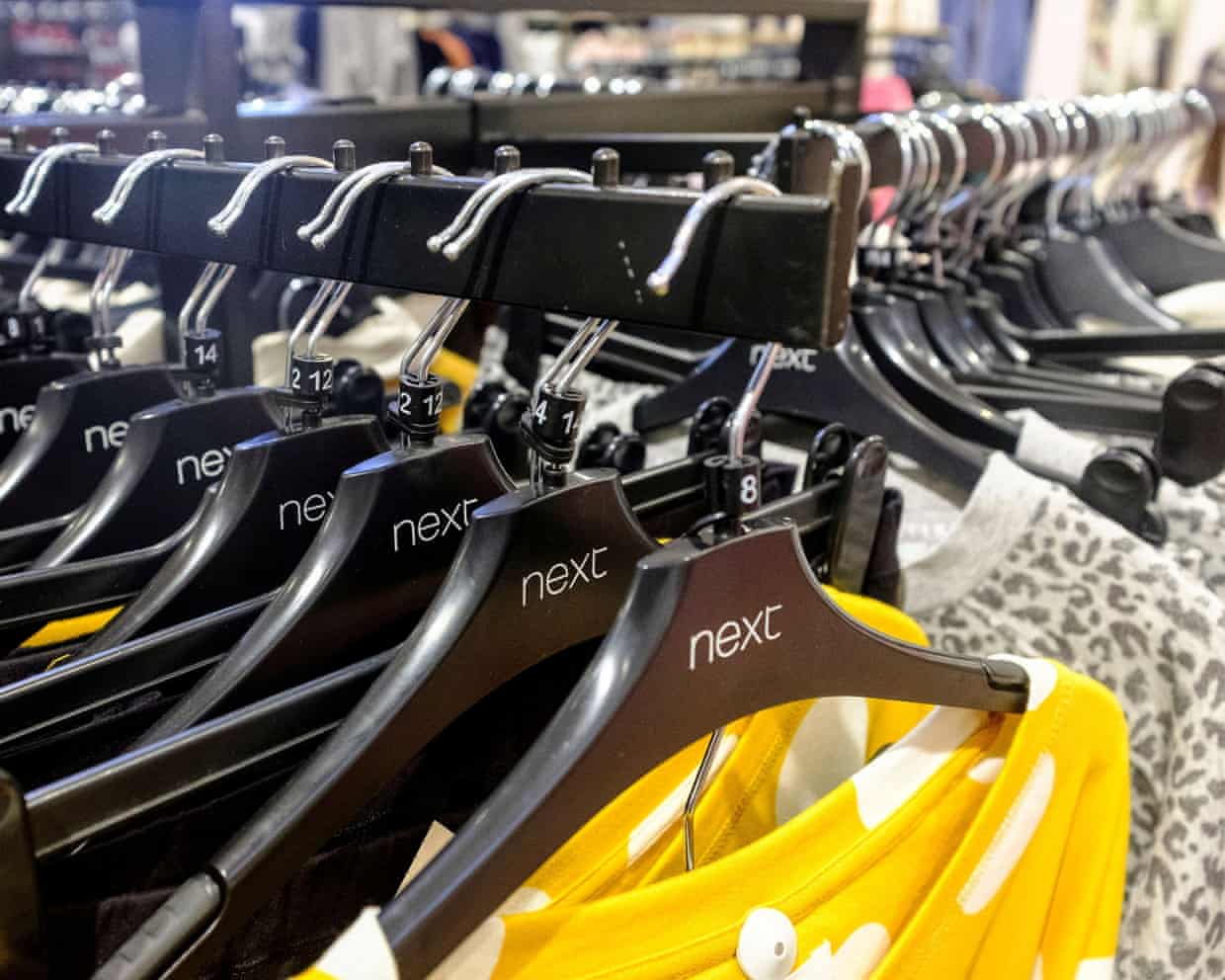
Profit upgrade at Next raises hopes UK shoppers still keen to spend
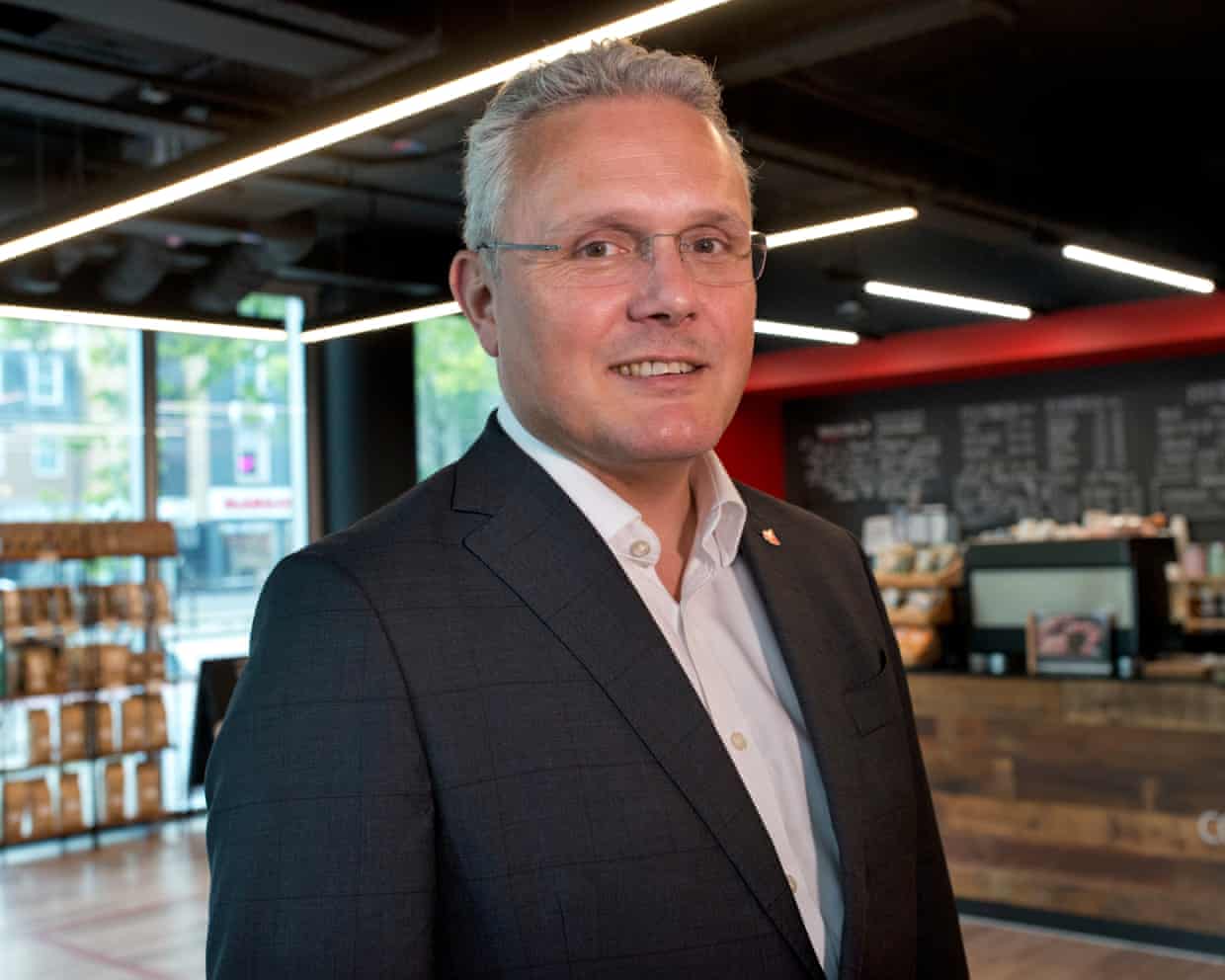
Santander urges ministers to intervene in UK car finance compensation scheme

Aston Martin cuts investment plan by £300m as Trump tariffs bite